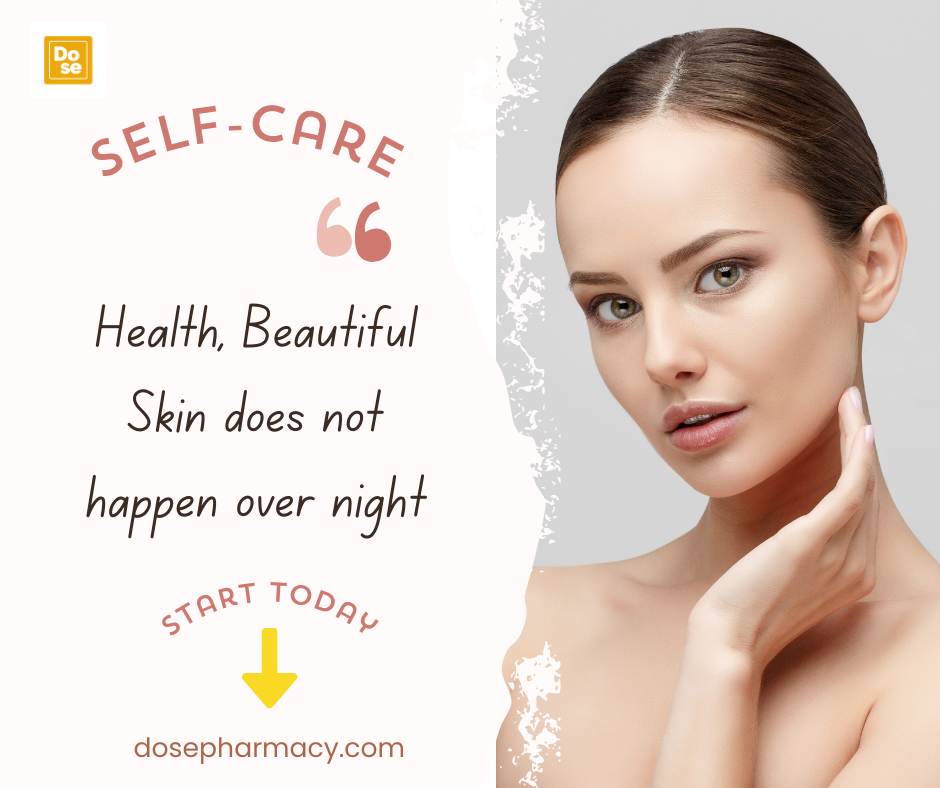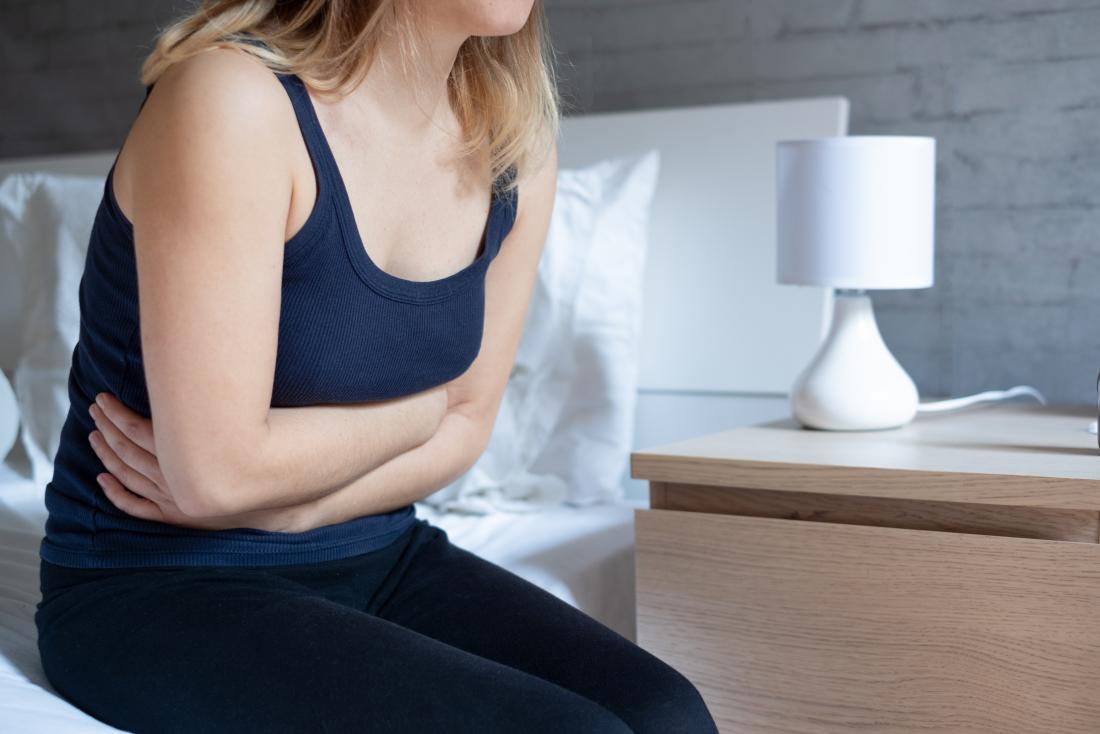Acne is a common skin concern that affects millions of people worldwide. From painful cystic acne to stubborn blackheads, many individuals find themselves struggling with the physical and emotional impacts of breakouts. One treatment that has gained widespread recognition for its powerful effects on severe acne is Accutane, also known by its generic name, isotretinoin 20mg. But the burning question for many skincare enthusiasts is whether Accutane can effectively eliminate blackheads.
In this comprehensive blog, we will dive deep into how Accutane works, whether it’s the ultimate solution for banishing blackheads, and what you can expect from the treatment.
What Are Blackheads?
Before we explore whether Accutane can treat blackheads, it’s essential to understand what blackheads are and why they form. Blackheads, medically known as open comedones, are a type of acne caused by clogged hair follicles. They occur when sebum (oil produced by the skin) and dead skin cells accumulate inside the pores.
Unlike whiteheads, which are closed, blackheads are exposed to air. This exposure leads to oxidation, causing the material inside the pore to darken, giving the blackhead its characteristic appearance. Blackheads often appear on the nose, chin, forehead, and other areas with high oil production, creating a constant source of frustration for many.
How Does Accutane Work?
Accutane 40 mg is a potent medication derived from vitamin A, prescribed for individuals with severe or treatment-resistant acne. It works in multiple ways to tackle acne from the inside out. Making it highly effective for various types of breakouts, including cysts, pustules, and blackheads. Here’s how it functions:
- Reduces Sebum Production: One of Accutane’s primary mechanisms is its ability to shrink the oil glands in the skin, leading to significantly lower oil (sebum) production. Excess oil is a major contributor to clogged pores, and by reducing sebum, Accutane helps prevent blackheads from forming.
- Promotes Skin Cell Turnover: Accutane enhances skin cell turnover, ensuring that dead skin cells are shed more quickly. This reduces the likelihood of cells sticking together and clogging pores, which can contribute to blackhead formation.
- Fights Bacteria: Acne-causing bacteria, particularly Propionibacterium acnes (P. acnes), thrive in oily environments. By reducing oil production, Accutane helps limit the bacterial population on the skin, reducing inflammation and preventing breakouts.
- Anti-Inflammatory Effects: Accutane has potent anti-inflammatory properties, which help to reduce the redness and swelling associated with acne lesions, including those found in blackheads.
Does Accutane Get Rid of Blackheads?
The simple answer is yes, Accutane can help get rid of blackheads. Because blackheads form when pores become clogged with oil and dead skin cells, Accutane’s ability to decrease sebum production and promote faster skin turnover addresses the root cause of blackheads. Here’s how:
- Less Oil = Fewer Blackheads: Since Accutane works to dramatically reduce oil production, the skin becomes less oily overall. Without excess oil to clog the pores, the likelihood of blackheads forming is minimized.
- Smoother Skin Surface: The increased cell turnover promoted by Accutane helps to exfoliate the skin naturally, removing dead cells before they can clog pores. This keeps the skin’s surface smooth and reduces the potential for blackhead development.
- Smaller Pores: Many users report that their pores appear smaller after completing an Accutane treatment. While Accutane doesn’t physically shrink the size of pores, the reduced oil production and unclogging of pores make them appear less noticeable.
How Long Does It Take for Accutane to Clear Blackheads?
Accutane isn’t an overnight solution, and patience is crucial when undergoing treatment. Most individuals start to see improvements in their acne, including blackheads, within the first two to three months of treatment. However, results may vary from person to person depending on the severity of the acne and how the individual’s skin responds to the medication.
It’s common for skin to worsen slightly during the first few weeks of treatment—a phenomenon known as the “Accutane purge.” During this period, the skin pushes out impurities, which can cause an initial flare-up. This is a sign that the medication is working, and once the purge phase is over, the skin typically begins to improve.
For blackheads, many users report that these stubborn spots start to diminish as oil production decreases. By the end of the typical four to six-month course, most users experience clearer, smoother skin with significantly fewer blackheads and other acne lesions.
Is Accutane Right for Everyone?
While Accutane is highly effective, it’s not suitable for everyone. The medication is typically prescribed for individuals with severe, cystic, or nodular acne that hasn’t responded well to other treatments. Dermatologists may also consider it for individuals with persistent, treatment-resistant blackheads that affect their quality of life.
However, Accutane is a potent medication with potential side effects, so it should be used under the close supervision of a healthcare provider. Common side effects include:
- Dry Skin and Lips: Due to the reduction in oil production, almost all users experience some degree of dryness, particularly on the lips, face, and eyes. A good moisturizer and lip balm are essential throughout the treatment.
- Sun Sensitivity: Accutane can increase sensitivity to the sun, making it important to use a broad-spectrum sunscreen when going outdoors.
- Mood Changes: Some individuals report mood changes, including depression, while on Accutane. Although the connection is still being studied, it’s essential to inform a healthcare provider if any emotional changes are noticed.
- Birth Defects: Accutane can cause severe birth defects, so it’s crucial for women of childbearing age to use effective birth control during treatment.
Tips for Managing Blackheads on Accutane
Although Accutane will work over time to reduce blackheads, there are a few tips to help support the process and maintain healthy, clear skin throughout the treatment:
- Gentle Cleansing: Use a mild, non-comedogenic cleanser twice daily to keep the skin clean without stripping away too much moisture.
- Exfoliation: While Accutane promotes cell turnover, light exfoliation with a gentle scrub or chemical exfoliant (approved by your dermatologist) can help keep pores clear.
- Hydration: Counteract the dryness caused by Accutane by using a rich, hydrating moisturizer. Look for products with hyaluronic acid or ceramides to replenish moisture levels without clogging pores.
- Avoid Picking: It can be tempting to squeeze blackheads, but this can lead to irritation, scarring, and even infection. Let Accutane do its job and avoid touching or picking at the skin.
- Stay Consistent: Accutane takes time to work, so it’s essential to stick with the treatment as prescribed. And attend follow-up appointments with your dermatologist.
Conclusion: Is Accutane the Ultimate Blackhead Solution?
Accutane is undoubtedly one of the most powerful treatments available for acne, including blackheads. By addressing the root causes of acne—excess oil production, clogged pores, and inflammation—it can dramatically reduce the occurrence of blackheads and leave your skin clearer and smoother.
However, Accutane is not a one-size-fits-all solution. It’s important to weigh the benefits and potential side effects with your dermatologist to determine whether Accutane is the right treatment for your specific skin concerns.
For those struggling with stubborn blackheads and other forms of acne, Accutane offers a long-term solution that can transform your skin, improve your confidence, and leave you with a brighter, healthier complexion.


